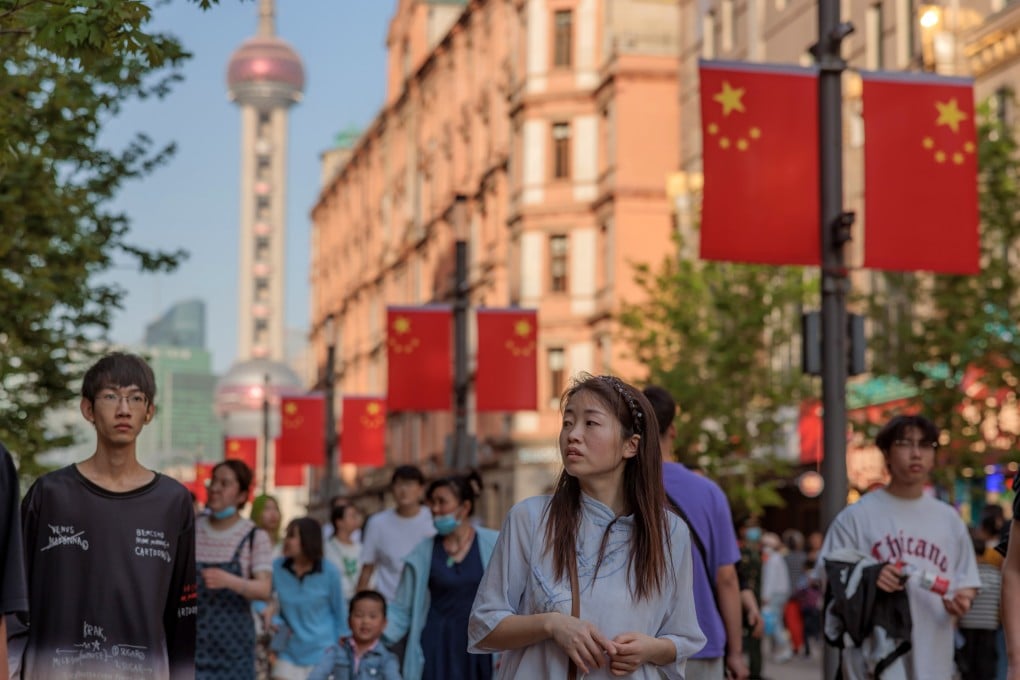Letters | Turn to the I Ching to build character, not to look into the future
- Readers discuss the wisdom young people could draw from an ancient Chinese text, excessive expectations Hong Kong parents have of their children, and the falling birth rate in China

I am writing on behalf of the Yijing reading group of the Sinological Development Charitable Foundation. We note in particular that some of these apps use the Yijing (Book of Changes, also known as I Ching) as a divination medium.
Rapid economic development has eroded the social fabric that binds families and communities. In this age of unprecedented communication, face-to-face interactions ironically occur less, exacerbating social isolation. Managing personal problems through an app that offers swift answers becomes an inevitable choice for many young people. Meanwhile, long-term goals, such as becoming a mature and engaged member of society, are neglected.
A central theme of the Yijing focuses on the junzi, a term that describes a virtuous and educated individual deeply committed to fostering harmonious relations within his family, community and ultimately the world. In our view, the idea that a person’s fate is predetermined and that a diviner can use the Yijing to articulate it contradicts the spirit of the book.
If relationships are failing, it is not due to some predetermined fate but rather the result of various factors, perhaps including neglect of personal growth. The Yijing submits that we should not passively await our supposed destiny while sitting back, but should actively engage in ziqiangbuxi (self-improvement without rest) and houde (deepening our virtue). We should engage proactively or retreat temporarily as circumstances dictate, while persisting with personal development.